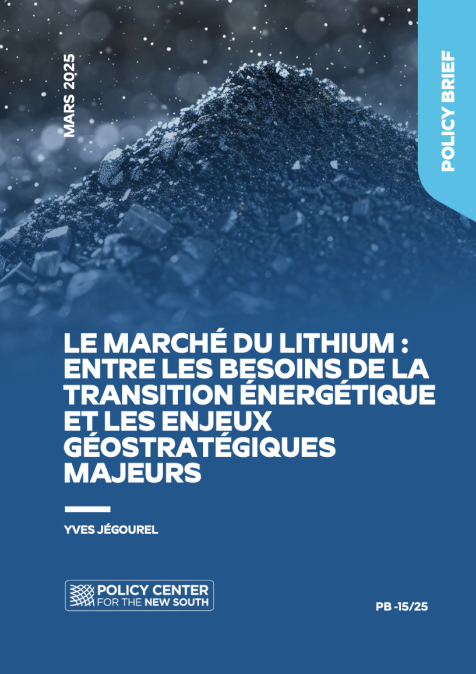حديث الثلاثاء : القطاع المينائي في المغرب: الإنجازات، التحديات والآفاق المستقبلية
July 30, 2024
في ظل التحولات والتطورات الاقتصادية التي يشهدها المغرب، يلعب القطاع المينائي دوراً محورياً في تعزيز موقع المملكة كمركز تجاري إقليمي ودولي، ودعامة أساسية للاقتصاد الوطني. في هذه الحلقة، نستعرض رفقة ضيفنا، الأستاذ بدر الزاهر الأزرق، تاريخ هذا القطاع وتحولاته الكبرى منذ الاستقلال، ونناقش الإصلاحات الاستراتيجية التي شهدها، وتأثيرها على البنية التحتية والقدرات اللوجستية والتجارية، بالإضافة إلى التحديات والفرص المستقبلية.
ضيف الحلقة: بدر الزاهر الأزرق، أستاذ باحث في قانون الاعمال، خبير في الإصلاح المينائي، جامعة الحسن الثاني الدار البيضاء
تقديم: بدر منظري، باحث في الاقتصاد، مركز السياسات من أجل الجنوب الجديد










